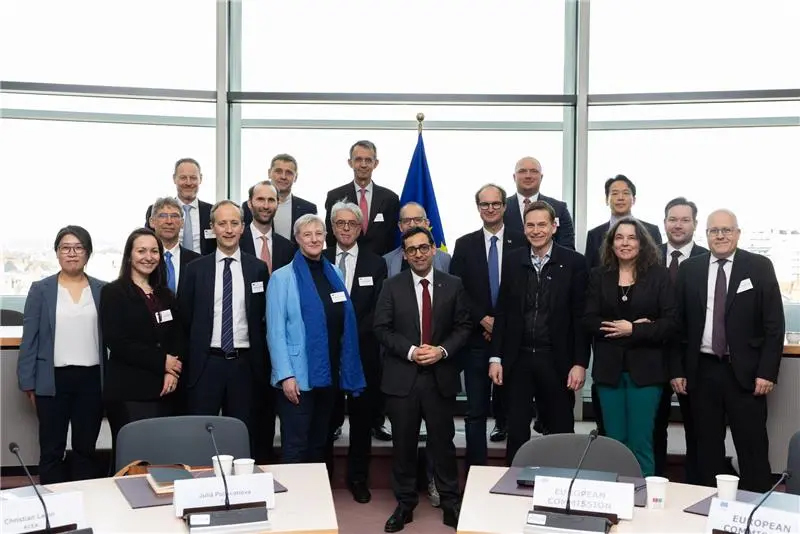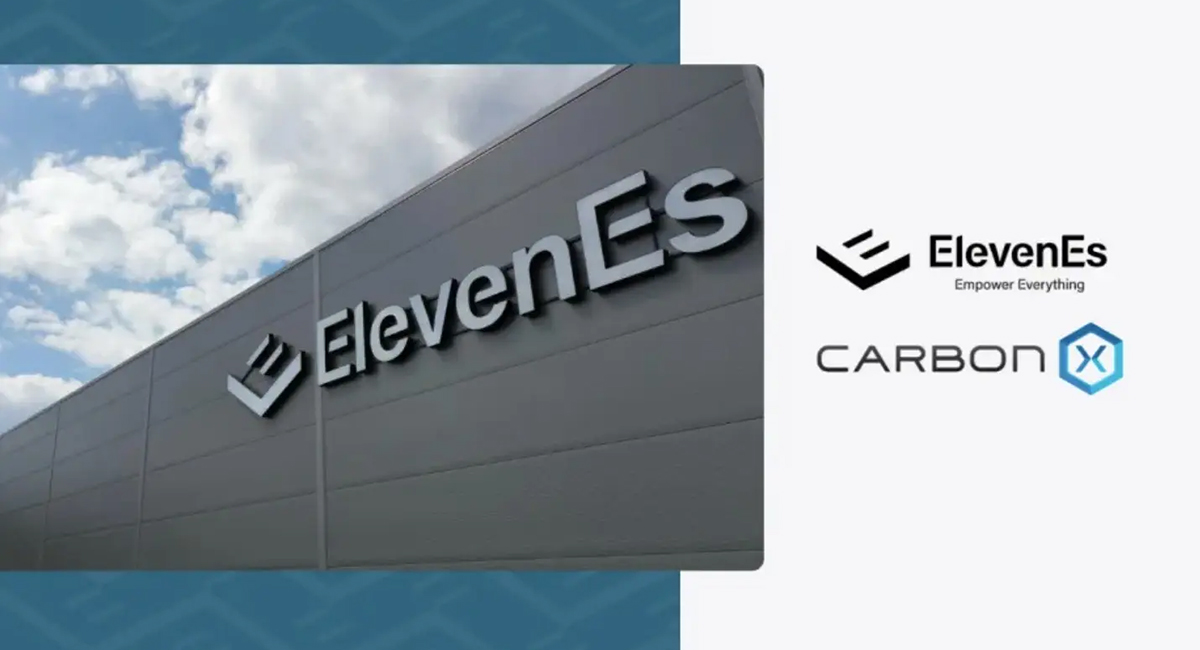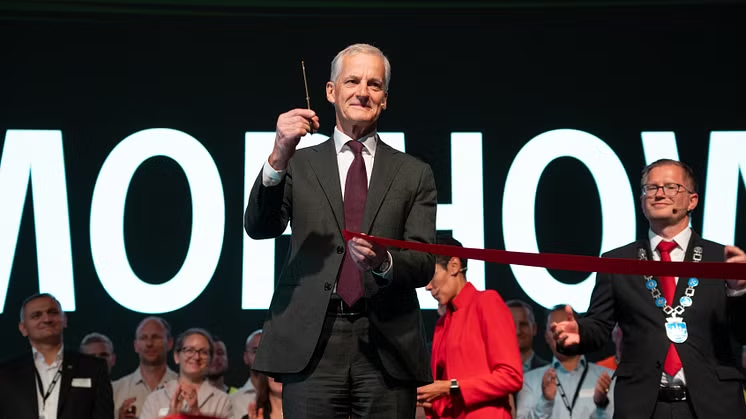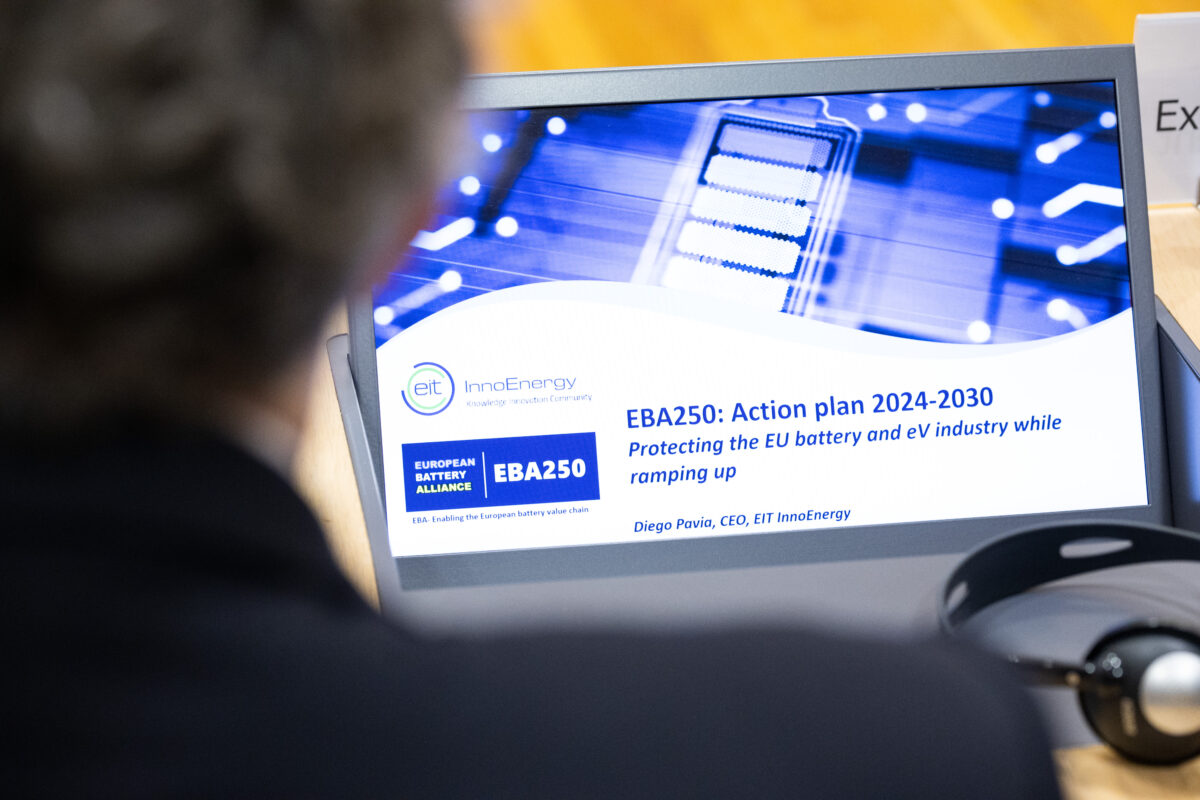
Jun 30, 2022
Norway launches its national battery strategy to attract large investments and factories in the field
After the launch of several battery strategies at national level, (Sweden in Dec 2020; Finland in Jan 2021; Hungary in Sept 2021), it is now Norway’s turn to release its national ambitions related to batteries. The Norwegian Battery Strategy was launched yesterday with the aim to develop a coherent and profitable battery value chain, from sustainable mineral extraction to battery recycling. Romania is next in line and plans to release its national strategy in the coming months.
The Norwegian Minister of Industry Jan Christian Vestre launched yesterday Norway’s first battery strategy, outlining ten steps to further develop a continuous and profitable battery value chain in Norway:
- Leadership in sustainability across the battery value chain
- Promote Norway as an attractive host country for green investments
- Enter into industrial partnerships with key countries
- Ensure capital, loans and guarantees that trigger private capital
- Promote access to competence
- Facilitate access to more renewable power
- Contribute to development of land and infrastructure
- Ensure predictable, efficient and coordinated public processes
- Support pilot municipalities
- Leadership on tomorrow’s battery solutions and leveraging digital technology capabilities
The battery strategy is part of the government’s green industrial strategy that aims to create new jobs throughout Norway, strengthen investments on the mainland, increase exports outside oil and gas by 50 per cent by 2030 and cut 55 per cent of greenhouse gas emissions by the same year.
The battery strategy was launched on FREYR’s Battery premises in Mo i Rana, which was also the occasion for the Norwegian start-up to confirm and even expand on its ambition to establish the first battery cell factory in Norway. FREYR’s board indeed approved the plan for building a plant with an annual capacity of 29 GWh. The start of production is expected in the first half of 2024.
Last but not least, it is worth noting that such plans at a national level should significantly contribute to further develop the European battery industry at large. Indeed, in a joint statement issued earlier this week, Maroš Šefčovič, European Commission Vice-President for Interinstitutional Relations and Foresight, and Jan Christian Vestre, Norway’s Minister of Trade and Industry, agreed to enhanced political and industrial cooperation in the field. “Given the urgent need to tackle climate change, and secure supplies of sustainable energy, materials and technologies instrumental to decarbonisation and the competitiveness of their economies, while increasing resilience of strategic ecosystems, the EU and Norway share the ambition to strengthen and expand their cooperation in the area of the raw materials and battery value chains.”
More information about Norway’s battery strategy can be found here (in Norwegian): https://www.regjeringen.no/no/aktuelt/naringsministeren-lanserer-regjeringens-batteristrategi/id2920877/
More EBA250 news
InnoEnergy, the driving force behind the EBA250 initiative, introduces today its new brand identity,…
The new EU-funded facility will enhance global raw materials partnerships and access to Critical…
Last week, InnoEnergy and EBA250 represented the battery value chain in Brussels alongside Verkor…
ElevenEs, a European LFP lithium-ion battery manufacturer, has signed a Joint Development Agreement with…
The European battery industry has come a long way since the launch of the…
The 2024 Innovation Fund calls for proposals have been launched this week, with a…
Altris, a pioneering Swedish developer of sodium-ion battery technology, has reached significant milestones that…
Last Friday, Morrow Batteries officially inaugurated the first giga-scale LFP (Lithium Iron Phosphate) cell…
On May 24, 2024, the 8th High-Level Meeting of the European Battery Alliance (EBA)…
Following the recent announcement from EVP Šefčovič on the need to support manufacturing of…









